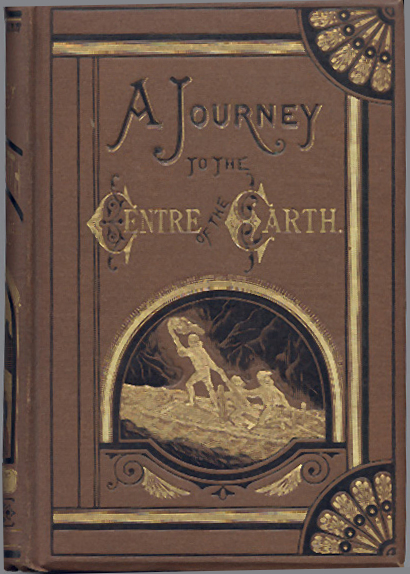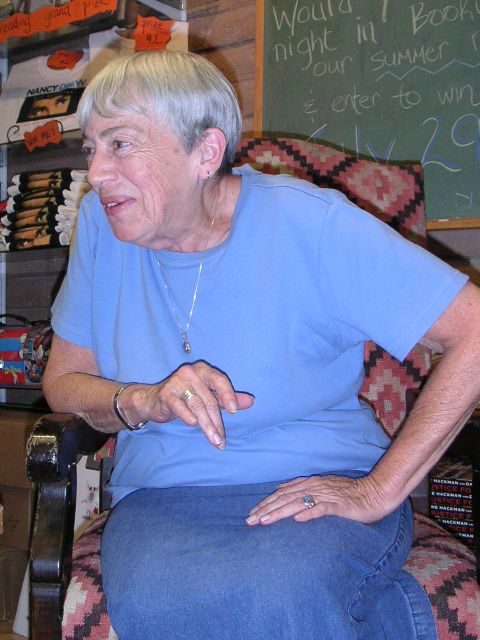Machines as artists, writers etc
Recently, I have read a number of articles about AI and about how robots/androids etc might one day take over our jobs.
Since I’m a writer and/or proofreader/editor, I was reassured by a rather interesting list I found on the BBC news site. Creative jobs don’t seem to be immediately threatened.
However, that led me to consider what an AI/robot/android might be able to achieve.
I have heard that these days the news reporting isn’t just being oursourced to India or other third world countries, but is actually done by AI:s. Fair enough. I suppose collecting a few snippets coming from a news agency might be easy enough for anyone or anything to manage, though it is a bit unfair on people who want to get in on entry-level jobs.
However, would an AI be able to write a real story? What could be referred to as literature?
In Sweden, some writers of popular music have already let their computers do the writing, for fun, for a special effect (A real bloody schlager). Of course it can be done, if you, as a human, edit out the ins, ats, ons, buts etc and pick the most common words that actually make sentences.
I’m going out on a limb here and I’m going to say: No! Not yet. Who knows about the future? When (or if) Google’s Singularity is here, then I guess all bets are off, but today, no way.
The same probably goes for works of art. Sure, I would like to say that elephants and primates (like chimps, gorillas and orangutans) can be artists just like children can be. Why not? They’re real living creatures with a lot more personal idiosyncracies than most people believe. And that goes for other ‘lower’ animals too. It’s just not my opinion, I base this on news articles reporting the latest science results. But a machine? Not yet anyway.
That reminds me of a very funny story written by science fiction author Arthur C Clarke. For a while, he was very fascinated by the idea of genetically enhanced primates (in this case chimps) and he wrote more than one story on this theme. This one was about a woman who fancied herself an artist and was severly annoyed by a neighbor who also fancied herself an artist/art critic etc. So she set out to make a fool of the neighbor, by teaching her own ‘simp’ (I think that’s the word – gm chimp) housekeeper (I’ll ignore my own reservations about exploiting and enslaving other living creatures for the duration of this blog post) to paint works of art.
The joke sort of backfired when it turned out the simp was far more talented than her art school educated employer.
So machines can be a lot of fun, but they won’t replace our creativity any time soon, that’s my best guess.
Getting inspiration
A long time ago, I read some writing tips shared by Agatha Christie. She recommended reading the news.
As it happens, I read a lot of news online, not because I’m really interested, but to stay busy and keep my mind occupied (too much info?). Unfortunately, I have never really felt I had one single good idea for my writing from that source. I suspect it’s because this advice came a very long time ago (a lot longer ago than when I read it) – at a guess, maybe in the 1930’s, which of course would be extremely different in many ways).
Personally, I get my ideas from a mix of my book reading (mostly fiction, but naturally also non-fiction) and real life. It goes something like this: Why is it like that? (Usually feeling bitter and upset about something) Why isn’t it like that instead? And I start writing a story about that. Actually, I have on occasion (just a few times) been inspired by real, actual dreams. And why not? In Swedish we have a saying that goes something like this: All ways (methods etc) are good except the bad ones. Which is true.
In fan fiction though, I have to admit that most of the time I’m just inspired by a handsome face.
Where do you get your inspiration for your writing?
Writing the future: A timeline of science fiction literature

From Gulliver’s Travels, through Brave New World and the Hitchhikers Guide to the Galaxy, this timeline explores the evolution of the science fiction novel.
Read more here.
Ursula Le Guin’s writing guide Steering the Craft, reviewed

Ursula Le Guin’s guide to the impossible craft of storytelling.
Read more here.
The Mysterious Origins of Punctuation
 As readers and writers, we’re intimately familiar with the dots, strokes and dashes that punctuate the written word. The comma, colon, semicolon and their siblings are integral parts of writing, pointing out grammatical structures and helping us transform letters into spoken words or mental images. We would be lost without them (or, at the very least, extremely confused), and yet the earliest readers and writers managed without it for thousands of years. What changed their minds?
As readers and writers, we’re intimately familiar with the dots, strokes and dashes that punctuate the written word. The comma, colon, semicolon and their siblings are integral parts of writing, pointing out grammatical structures and helping us transform letters into spoken words or mental images. We would be lost without them (or, at the very least, extremely confused), and yet the earliest readers and writers managed without it for thousands of years. What changed their minds?
Read more here.
A new story and issues with Wattpad
I have written a new story in English and I have posted it on my fan fiction site and will also post it on my new Wattpad account. Unfortunately, Wattpad is having issues related to posting drafts, so that will have to wait.
This is an original story, but inspired by a movie.
Wattpad can be a really great site, but the fact that you have to have a cover image makes it so much more difficult. On my own websites, I post stories all the time, as soon as I’ve finished writing and editing/proofreading them. For me, who isn’t very good with graphics and photos, it’s really something that delays publication. That means I have to ask for help, and that depends on someone else having the time and inspiration to make a cover image for me.
The year of the Amstrad: how writers learned to love the computer
When Amstrad launched its word processor 30 years ago, writers were initially resistant – processing was for peas, not words. But many soon saw the benefits of life without Tipp-Ex.
Read more here.
TV, Books and Writing
The third season of The Bridge (Bron), will soon be on Swedish tv. This time I really should be smart enough not to watch it. I should have learned my lesson from watching the first two seasons. I watched the first season and disliked it, particularly the ending. Despite that I went on to watch season 2, out of boredom and because the first episode was actually very interesting and exciting. The rest weren’t, but I stupidly continued watching until the end, that again, I disliked more than the whole rest of the series. By now, I should really learn from my experience.
At least there are a few other series I can watch instead.
In other news:
Since I wrote the Vera fanfic, I have also written two short original stories. It’s amazing, and I wouldn’t have guessed I’d be able to, only a week or so ago, but unfortunately, I’m not at all sure I’ll be able to finish the three books I’m working on and definitely not get started on the fourth book and two collections of short stories. I’m not really that inspired. It’s just something to do.
Today, I also discovered that I actually can borrow the two Maria Lang/Dagmar Lange mysteries as e-books – as long as I get a library card in a small town not far from here. I could get one right away, the next time I go and I might, but since I also might move there or closer to there, I think I’ll wait until I actually do move (which will be very soon, hopefully) at least if we can find a reasonable good house. We’ve already looked at a few, but none of them were a good fit for us.
In that town there’s also a really great supermarket with lots of locally grown (organic) vegetables and fruit. It’s the best shop I’ve seen anywhere. Finally, there’s also a very nice, but a bit expensive cafe.
